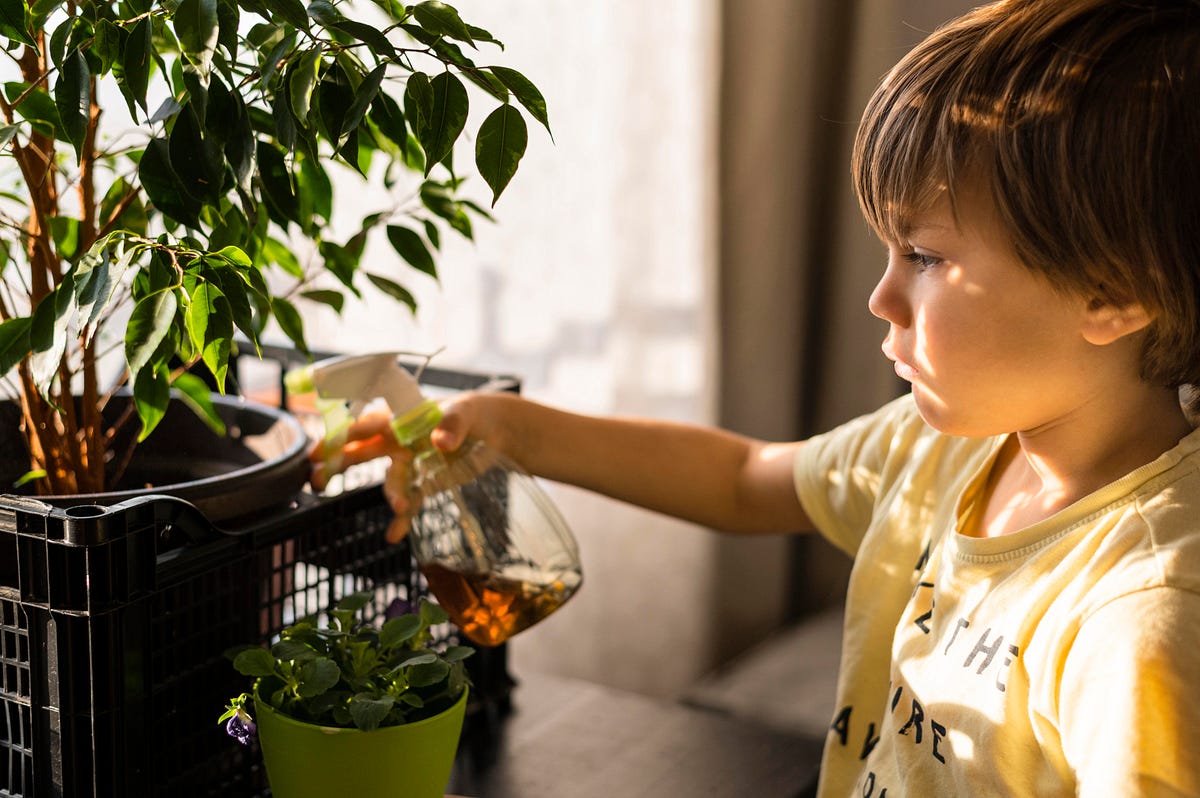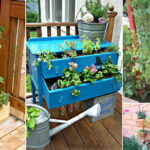Gardening has emerged as a multifaceted activity that transcends mere leisure, evolving into a practice that bears profound implications for individuals and communities of all ages. This article explores the myriad benefits gardening offers, examining its historical significance, psychological advantages, and its potential as a tool for social unity and environmental stewardship.
The act of cultivating plants is not merely a pastime but a manifestation of human creativity and resilience. From ancient civilizations to contemporary societies, gardening presents a narrative interwoven with cultural identity and heritage. This narrative underscores the importance of horticultural practices as a living archive of our collective experience. Gardening has enabled societies to connect with the land, demonstrating stewardship of the environment while fostering intergenerational bonds.
Recognizing the pivotal role gardens occupy in history is essential in understanding their contemporary significance. Across various epochs, gardening has been instrumental in agricultural innovation and sustainability. Historically, the cultivation of plants laid the foundation of early civilizations, providing sustenance and stability. In agrarian societies, the ability to cultivate crops dictated survival, influencing the socio-economic fabric of communities. Hence, the garden has emerged not only as a place of growth but as a symbol of resilience.
Considering this historical context, one can appreciate gardening as a crucial element of cultural expression. In many cultures, gardens serve as sites of spiritual significance, embodying ideals such as harmony, balance, and renewal. Rituals involving plant cultivation and care reflect an intrinsic connection between humans and nature. Whether through the sacred gardens of ancient temples or the communal plots seen in urban landscapes today, the principles instilled by gardening endure across generations, reinforcing ties to cultural lineage.
The psychological benefits of gardening are both profound and quantifiable. Studies have shown that engaging with nature significantly enhances mental well-being. In a world increasingly dominated by digital interactions, the tangible experience of cultivating a garden can serve as a therapeutic antidote to stress and anxiety. The act of nurturing a living organism promotes mindfulness, fostering a sense of accomplishment and purpose. These psychological effects become particularly salient for individuals facing mental health challenges, as gardening provides an outlet for self-expression and healing.
Moreover, the tactile experience of working with soil and plants engages the senses, promoting a state of flow and grounding individuals in the present moment. This phenomenon, often referred to as “nature therapy,” highlights the restorative benefits of being outdoors. Research indicates that exposure to green spaces can reduce cortisol levels, thereby alleviating symptoms associated with stress and depression. The garden, as a sanctuary of sorts, offers a respite from the rigors of daily life whilst encouraging physical activity and social interaction.
Gardening also serves as a platform for fostering social connections and community cohesion. Initiatives such as community gardens have proliferated in urban areas, bringing together individuals from diverse backgrounds. These collaborative endeavors facilitate the exchange of knowledge and resources, creating a sense of belonging among participants. Within such spaces, individuals can share experiences, cultivate friendships, and engage in collective problem-solving, ultimately contributing to a more resilient community fabric. This communal aspect highlights gardening’s role as a bridge between generations, offering older individuals the opportunity to mentor younger individuals while imparting valuable life skills.
Another critical dimension to gardening is its potential to promote environmental consciousness and sustainable practices. As the world grapples with the challenges of climate change and ecological degradation, gardening enables individuals to reconnect with the cycles of nature. By understanding the principles of permaculture, biodiversity, and organic gardening, individuals can cultivate a greater appreciation for environmental stewardship. Gardens can become microcosms of ecological balance, serving not only as sources of food but also as habitats for a myriad of species. This awareness fosters a sense of responsibility for the broader environmental landscape, transforming individuals into active participants in combating ecological crises.
Furthermore, gardening can serve as a reflection of one’s values, allowing individuals to embody principles of sustainability and ethical consumption. The choice to cultivate native plants, for instance, can promote biodiversity and support local ecosystems. An increasing consciousness regarding sustainable practices has led many to advocate for urban gardening and permaculture as viable responses to food insecurity. By growing their own food, individuals can assert their autonomy while contributing to a more sustainable future.
The interrelationship between gardening and nutrition is another facet deserving of attention. As obesity and lifestyle-related diseases continue to pose significant public health challenges, gardening can serve as a proactive approach to promote healthier dietary choices. Engaging in home gardening encourages a greater intake of fresh fruits and vegetables, ultimately influencing personal and familial health outcomes. This aspect of gardening empowers individuals to take control of their dietary habits, fostering healthier lifestyle choices across generations.
In examining the multifarious benefits of gardening, one cannot overlook the educational opportunities it presents. Schools and educational institutions increasingly incorporate gardening into their curricula, acknowledging its efficacy as a hands-on learning tool. Through gardening, students can explore biological principles, environmental science, and nutrition while simultaneously developing practical life skills. Such experiential learning fosters a deeper comprehension of complex concepts, making education more engaging and relevant.
In conclusion, the act of gardening is imbued with significance that reaches far beyond the surface. It serves as a historical anchor, psychological refuge, communal catalyst, and an avenue for environmental engagement. As we navigate the complexities of contemporary life, gardening emerges as a beacon of hope, instilling values of resilience, sustainability, and community. Whether one is tending to a humble balcony herb garden or participating in a large-scale community project, the rewards of gardening are plentiful and far-reaching, inviting individuals of all ages to partake in a transformative journey in harmony with nature.









Leave a Comment